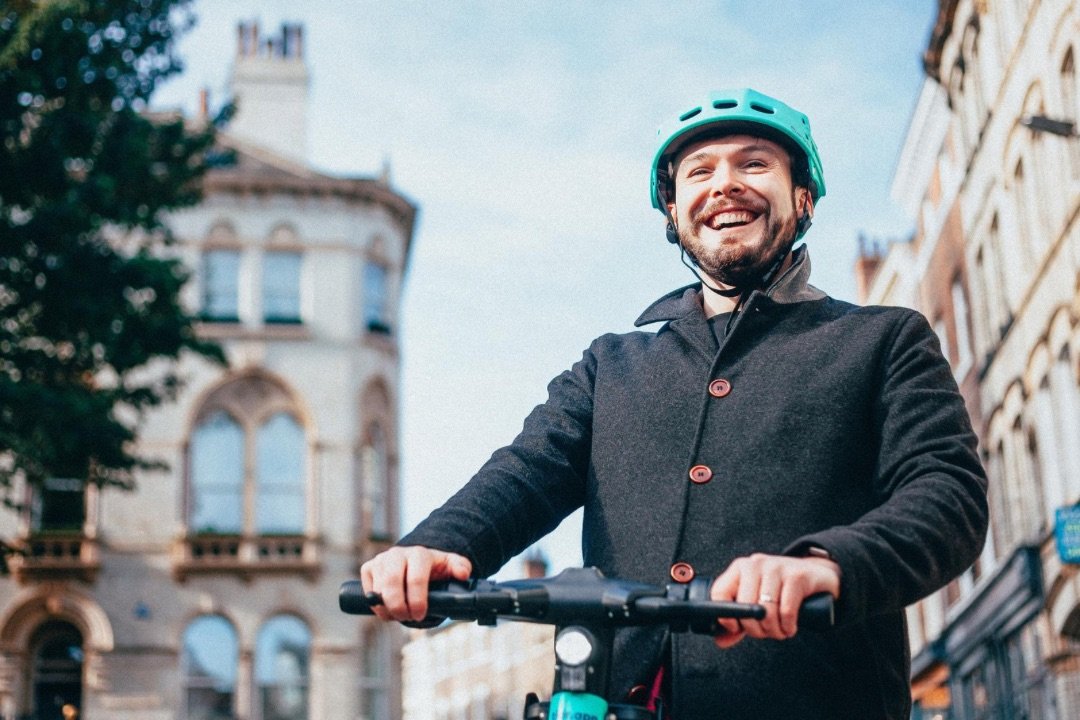York’s E-Scooter Journey: An Insight into Micro-Mobility’s Rise and Challenges
In the historic city of York, a modern transport experiment has been unfolding over the past few years. The introduction of electric scooters (e-scooters) and electric bikes (e-bikes) by TIER, a micro-mobility operator, marked a significant shift towards sustainable urban transport. However, this chapter is coming to a close as TIER has decided not to renew its contract, ceasing operations in York¹[1].

The Beginning and Expansion of the Trial
The trial began in September 2020 as part of the Department for Transport’s micro-mobility initiative. It aimed to explore the viability of e-scooters and e-bikes as permanent fixtures in the city’s transport landscape. Initially focused on areas like York Hospital and the University of York, the service expanded across the city, reflecting growing user adoption and the need for sustainable transport options¹[1].
User Engagement and Milestones
The service saw significant engagement from the residents and visitors of York. Nearly 60,000 users embraced this new mode of transport, collectively travelling over 820,000 miles across more than half a million journeys. These numbers not only demonstrate the service’s popularity but also its potential to contribute to reducing urban congestion and emissions¹[1]²[2].
TIER’s Withdrawal and Its Implications
Despite the apparent success, TIER has opted to withdraw from York. The decision was influenced by the company’s strategic focus on locations with stronger long-term growth potential. This move has been met with disappointment from the City of York Council, which had developed an excellent partnership with TIER. The council is now in discussions with other operators to potentially continue the e-scooter trials²[2].
The Legal and Regulatory Landscape
The legal framework surrounding e-scooters in the UK is still in a state of flux. Currently, e-scooters can only be used legally as part of council-run rental schemes. Riders are required to have at least a provisional driving licence and must be insured. The use of privately owned e-scooters on public roads remains illegal, a regulation that will persist even after the trial’s conclusion²[2].
Looking Ahead: The Future of Micro-Mobility in York
The council remains committed to exploring sustainable transport options and is awaiting clarity from the government regarding e-scooter legislation. The insights gained from the trial will be invaluable in shaping national guidelines and the future of micro-mobility in York and beyond¹[1].
Conclusion
The e-scooter scheme in York has provided a glimpse into the potential of micro-mobility to transform urban transport. While TIER’s departure marks the end of an era, it also opens up new opportunities for other
TIER to end E-Scooter and E-Bike trial in York. https://www.york.gov.uk/news/article/1408/tier-to-end-e-scooter-and-e-bike-trial-in-york.
York: Electric scooter operator pulls out of city – BBC. https://www.bbc.com/news/uk-england-york-north-yorkshire-68492114.
